The EFRA committee exists to scrutinise the administration, spending and policy of the government’s department for environment, food and rural affairs. Today (7 November), the committee published a report called ‘The price of plastic: ending the toll of plastic waste’.
The report notes that the UK exports around 60% of the more than 2.5 million tonnes of plastic packaging waste it creates, with the main destination being Turkey.
In taking evidence for the report, the committee says it heard “alarming” accounts of British plastic waste being dumped and burned in Turkey, causing “irreversible and shocking” environmental and human health impacts.
In light of these accounts, the committee recommends first restricting the amount of plastic that can be exported from the UK, then banning exports completely.
The committee also wants the government to “step up” the enforcement of existing rules to prevent criminal gangs illegally exporting and dumping UK-produced waste. The report said waste crime had become a “low risk, high reward endeavour”.
In response to the MPs’ demands, the Chartered Institution of Wastes Management (CIWM) the waste sector’s trade body, said it “does not support” a total ban.
‘Someone else’s problem’
Sir Robert Goodwill MP, the EFRA committee’s chair, said the UK had been reliant on exporting its waste overseas and making it “someone else’s problem” for “far too long”.

“Plastic waste originating in our country is being illegally dumped and burned abroad,” he said. “The UK must not be a part of this dirty trade and that’s why we are calling for a total ban on waste plastic exports.
“To do this we need to reduce how much plastic we use and consume, invest in greater capacity to reprocess our own waste and support research into new technologies and materials.
“If the UK takes a lead in this, we have the potential to create hundreds of new jobs and build a multi-billion-pound waste management industry.”
Exports
In response, Lee Marshall, CIWM’s policy and external affairs director, said the trade body broadly welcomed the report and it was “good to see” the committee taking on board several points that CIWM made in response to their enquiry.

However, he added: “CIWM does not support the MPs’ call for a total ban on all exports of UK plastic waste by the end of 2027.
“Whilst we naturally advocate plastic waste being reprocessed in the UK wherever possible, export has an important role to play in the development of a global circular economy.
“International markets remain vital for the recycling of sorted, clean and graded materials provided they are exported in accordance with all relevant legislation.”
Mr Marshall said CIWM wanted “a tightening up” of regulations to ensure that material was only exported to “fully compliant and legitimate” recyclers.
He said there “may be a case” to consider a possible ban on exports to all non-OECD countries but this could impact legitimate operations in countries such as Malaysia.
“It is important to recognise that the issue with increased recycling in the UK is not solely the initial investment in reprocessing infrastructure,” Mr Marshall said. “The ongoing operating costs, particularly in relation to labour and energy, also act as a barrier to a long-term viable reprocessing industry capable of processing all the country’s waste plastic.”
Recommendations
Alongside the call for the ban on all exports of UK plastic waste by the end of 2027, the EFRA committee made several recommendations aimed at reducing the UK’s consumption of plastics. It called on the government to publish a roadmap on how to it could achieve the ban by March 2023.
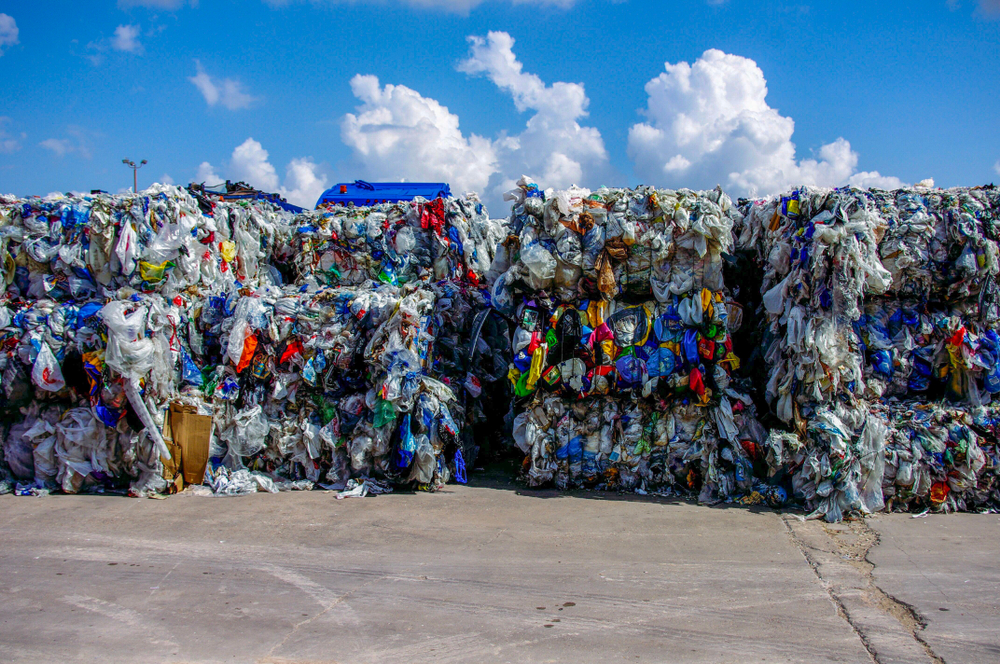
It also called for the government to encourage “greater adherence” to the waste hierarchy. The committee recommended that government targets are reformed to follow the waste hierarchy more closely and aim for all plastic waste to be recycled, re-used or composted by 2042.
The committee said the government should expedite the roll-out of extended producer responsibility (EPR) for packaging. It also recommended that the scheme is applied to more producers by 2030, to cover all businesses that put more than 1 tonne of packaging on the market.
The committee recommended that the government create a taskforce to explore ways of encouraging greater uptake of ‘re-use and refill’ schemes.
Finally, the committee also said the government should use some of the income raised by EPR and plastic packaging tax schemes to invest in recycling infrastructure and to support research in technologies that can tackle “hard-to-recycle” plastics, such as plastic films.
Related link
The price of plastic: ending the toll of plastic waste




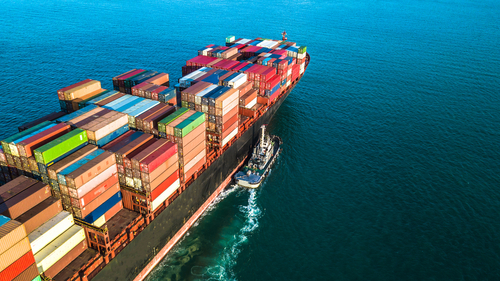

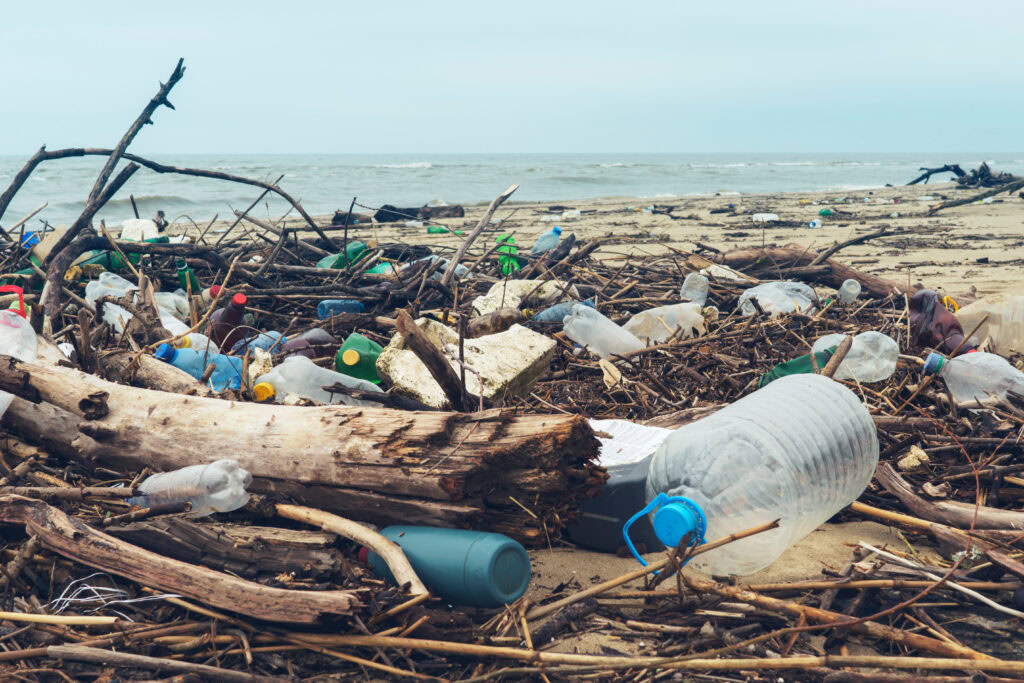
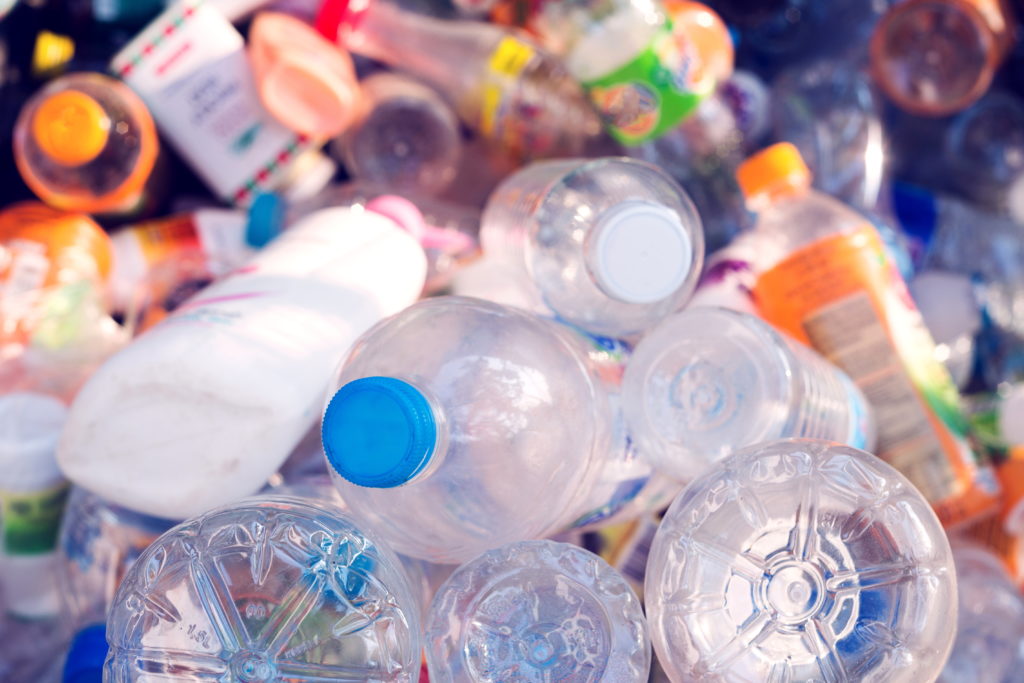
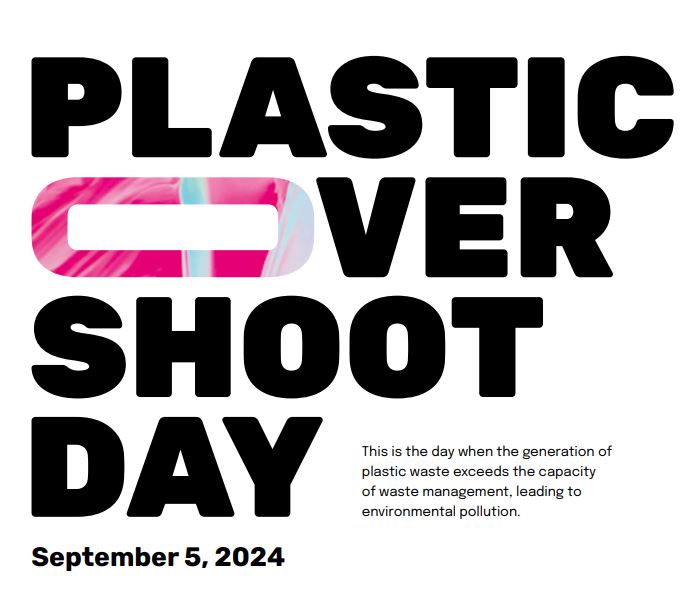


Subscribe for free